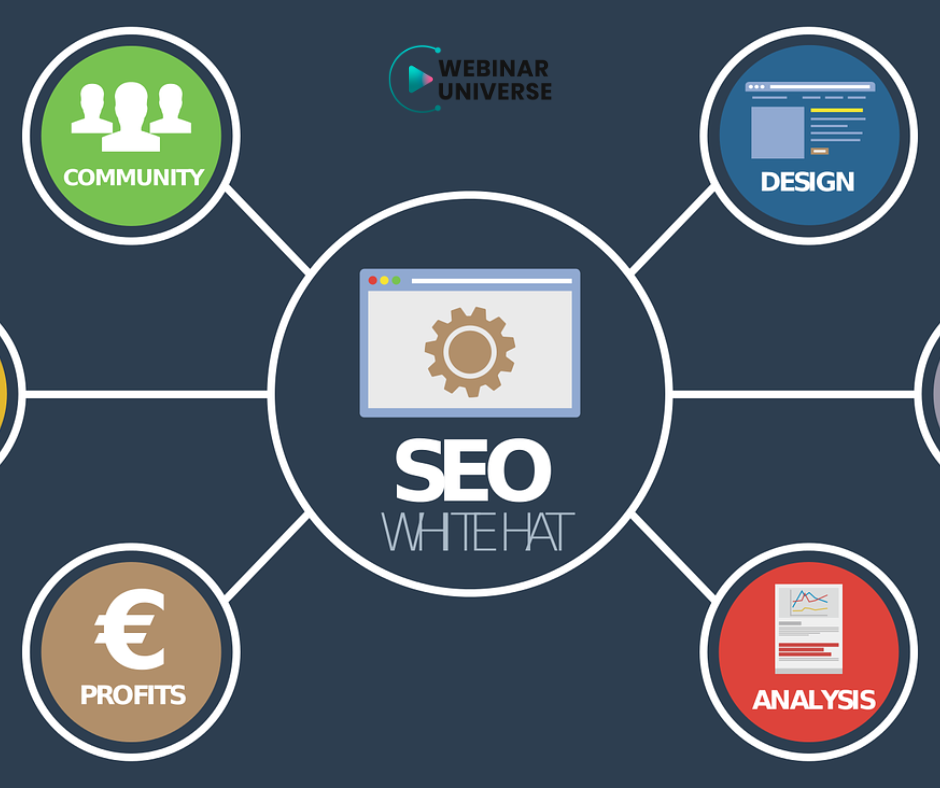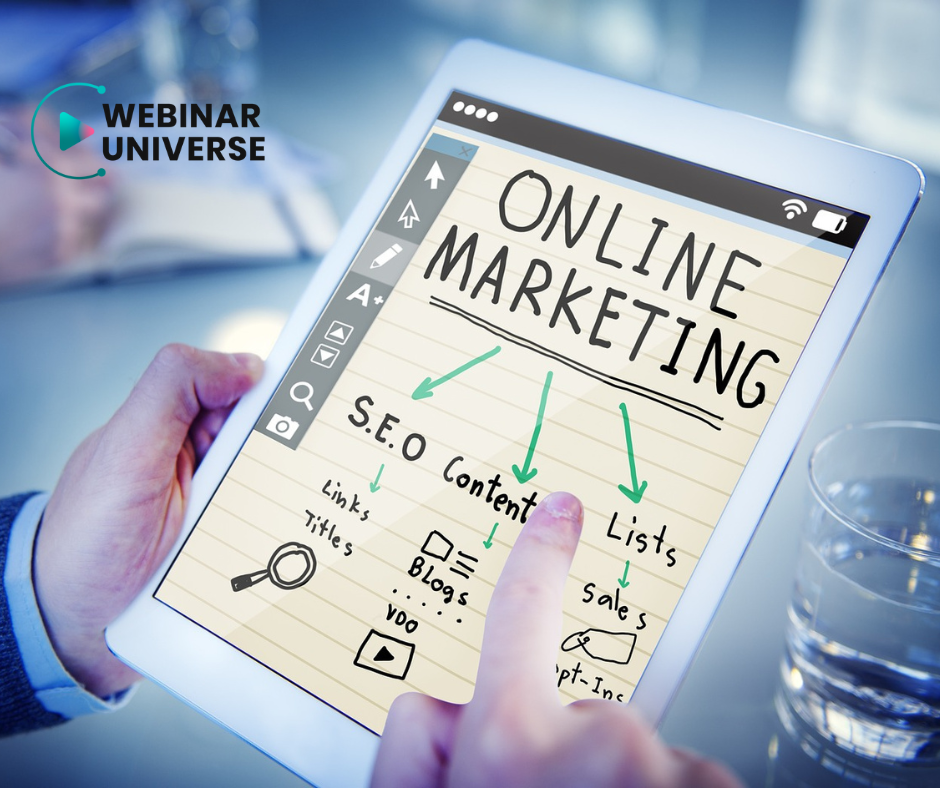Content on the website and its role
The main website is the company's business card. The website is a valuable source of information and often after visiting it, the user decides whether or not to use the company's services.
Therefore, in order to retain a potential customer and provide them with as much knowledge about the company as possible, it is important to take care of the content on the website. It is the place where the recipient first meets the seller or service provider.
The text on the main page should, therefore, first and foremost, arouse the viewer's interest and persuade him or her to click on the tab with the offer. They need to be persuaded to do so. This is why it is best to include on the main page the answer to the question - what will the user get out of using the services of this particular company? The most important function of texts is to inform. The content should contain the most important information about the company, what it offers, what it does and how it can help. A good text is also written for the recipient, with him and his needs in mind.
So a long list of awards or certificates received will not work. It is more important what they mean for the customer and what value they provide. Specifics are therefore needed. Instead of stating years of experience, it is better to say that the service will be provided quickly. This is useful information for the recipient.
However, texts on a website also have other functions. Among other things, they support positioning. Properly structured content influences the search engine results of a website. Thus, the better written and optimised the text is, the higher it will be displayed to a user who is searching for information on a particular topic.
What does positionally correct text mean? It should contain key phrases related to the topic of the page. However, it is not a matter of "cramming" as many of them as possible. They should be inserted naturally, so that no artificiality is perceptible.
Well-optimised texts also have short paragraphs, are divided by headings, and important sections are bulleted and bolded. These elements not only have a positive impact on positioning, but also make the text clearer and easier to read.
It is worth remembering, however, that the content on the main page or even the offer tab need not and should not be the only texts on the website. It is a good idea to create a company blog with regular posts.
Are you interested in this topic? You can find out more in the Webinar Universe courses. This is an online learning platform where you can find training courses in many fields. Why should you check out Webinar Universe? User reviews indicate a lot of interesting content from which you can learn a lot of useful knowledge.

The role of the blog ... is it worth having one?
Blogs have long since ceased to be associated with teenagers' diaries. They are now a source of knowledge, as well as an aid to SEO. The answer to the question of whether it is worth having a blog is therefore: yes, by all means.
As we have written, mere content on the main page or in the offer section is not enough to support SEO. Above all, new texts do not appear there, and effective SEO means, among other things, regular updates.
In terms of SEO, it is important that new blog posts appear regularly, which is appreciated by Google. They should be unique, as repetitive content is duplicate content, for which you can receive a penalty from Google.
Key phrases are also of great importance. They should be relevant to the topic of the article and to the industry. A company blog also helps to establish a relationship with the audience, create the image of an expert and provide the customer with knowledgeable, factual information on a given topic.
And what is worth writing about on a blog? There are many topics. You can let out the secret and show what it is like to work in a company from behind the scenes. Another idea is a knowledge base with content that is interesting from the customer's point of view.
Does everyone have to have a blog? There is no obligation to do so, but it is definitely worthwhile. Regularly appearing new content generates traffic to the website and helps build the image of an expert in the eyes of customers.
Just don't overdo it with ...
Running a blog may seem simple, but it is worth bearing in mind a few principles. The most important thing is to develop an appropriate strategy and concept for the blog. It is good for the entries to link to each other in some way, such as through thematic series. It is also best to set a goal that will help keep you motivated to produce more texts. Without this, you may end up with a few articles on the blog and that's the end of it. The blog will then be unproductive. Also remember to define who you want the blog to be for and what you want it to get you to do before you start writing. This will make the posts more specific.
When it comes to SEO, it is worth being careful not to overdo it. Key phrases are highly effective, but used in moderation. Too many keywords in the content, especially unevenly distributed and unrelated to the topic of the article, can give the opposite result. Not only will the recipient immediately notice the artificiality - Google will too. Such an action may be considered spam and, in the worst case scenario, the page will not rank well.
When writing content for a blog, it is worth ensuring that it corresponds to the adopted theme. The point is that the reader should find in the text the answer to the question he or she is looking for and which the title of the article suggests. Therefore, it is not worth deviating from the topic - concreteness is in the price.
Regularity in posting is important, both for SEO and for the client. However, you should not overdo it here either. One text a week is sufficient, ideally two. Too much content in a short space of time can lead to rapid burnout and a lack of ideas for new content.

Positioning with content
Positioning and content marketing work well together. When carried out properly, there are many benefits:
- Support organic traffic, i.e. traffic e.g. from search engines, free of charge,
- Credibility - a website high in search results inspires trust in the viewer,
- Better user experience - the user experience is more comfortable when you take care of technical aspects such as site loading time.
So how do you use content in SEO? Even the best, technically perfectly optimised website will not rank well if it does not contain content.
A more extensive and frequently updated website is more likely to be visited by Google's robots and therefore indexed more quickly. However, the quality of the content should be kept in mind.
Content also helps to increase the site's visibility for specific phrases. These words should be included in the text, which should be interesting, relevant and valuable for the recipient. Ideally, it should answer the users' most important questions. This will ensure that phrases related to the topic appear naturally in the content, and this will further improve SEO.
In order to ensure that activities combining positioning and content yield the best possible results, it is worth thinking about a few things:
- Target group,
- Keywords relevant to the industry and offering potential,
- User experience, i.e. the user's experience when using the website.
Content plays an important role in the sales process, in image building and in website positioning. It is worth ensuring that it is of the best possible quality. If you want to learn more about content marketing, check out the Webinar Universe platform. Online learning is a convenient way to develop your knowledge.
